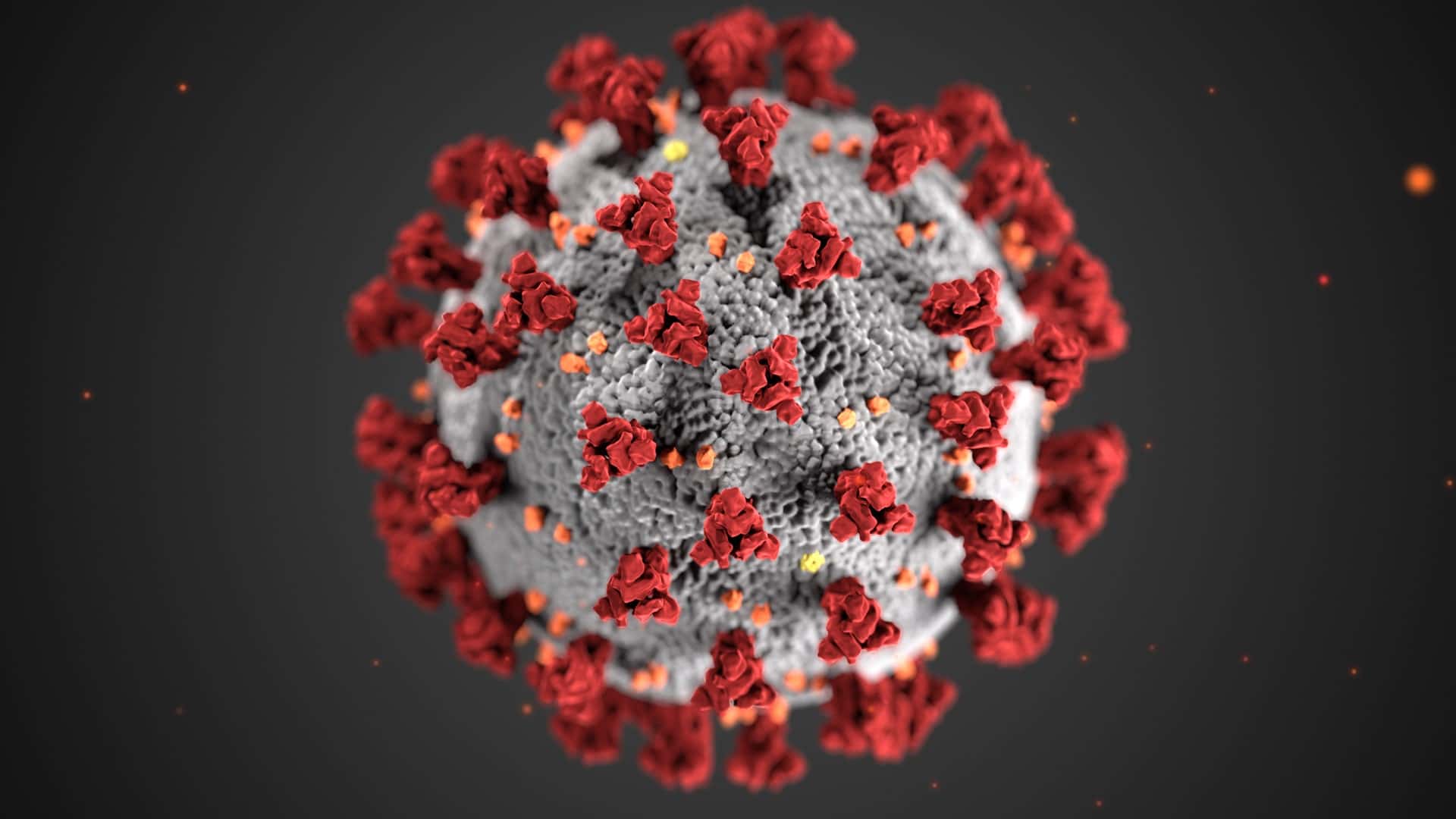Omicron triggers higher antibody response in previously uninfected individuals
As part of the COMMUNITY study, funded by the National SciLifeLab-KAW COVID-19 Research Program, researchers from Karolinska Institutet and Danderyd Hospital have investigated the immune responses in participants having received three doses of the SARS-CoV-2 vaccine, following Omicron infection. Their results showed that individuals without previous COVID-19 infection have a significantly higher antibody response compared to previously infected individuals.
Previous studies have shown that a combination of SARS-CoV-2 infection and vaccination, referred to as hybrid immunity, elicits a stronger antibody response compared to infection or vaccination alone. The new study, published in The Lancet Infectious Diseases, now suggests that this might not be the case after Omicron infection.
“It is interesting that antibody responses were stronger in participants without prior SARS-CoV-2 infection, who encountered the virus for the first time, despite similar symptoms and viral load,” says the principal investigator of the COMMUNITY study, Charlotte Thålin, researcher at the Department of Clinical Sciences, Danderyd Hospital, Karolinska Institutet and consultant in internal medicine at Danderyd Hospital, in a press release from Danderyd Hospital. “The mechanisms behind this are not clear, but our findings imply that there are crucial gaps in our current understanding of the impact of prior infection on immune responses following reinfection. We will next investigate immune responses in airway mucosa, perhaps mucosal antibody responses give a different picture.”
Blood samples were regularly collected from 56 participants, of which 16 had been infected by the wild type variant of the SARS-CoV-2 virus prior to Omicron infection. None of the participants became severely ill and previous infections did not affect the symptoms or viral load. The samples were analyzed for antibody titers against both the WT SARS-CoV-2 and the Omicron variant. The results showed that the antibody titers increased 2-3 weeks after Omicron infection and that they were significantly lower in participants with WT COVID-19 infections.
“At present, large populations are subject to frequent encounters with the SARS-CoV-2 antigen, through repeated vaccine doses and infections with various SARS-CoV-2 variants,” says Sebastian Havervall, PhD student at the Department of Clinical Sciences, Danderyd Hospital, Karolinska Institutet and consultant in internal medicine at Danderyd Hospital. “Effects on the immune system of these repeated encounters are not known and important to follow.”
New Omicon data
New data suggests that an Omicon infection only provides a relatively weak immune boost, which might not be enough to protect against reinfection with new Omicron variants, contrary to what was previously believed. Unfortunately, this also means that new tailored vaccines, based on the Omicron variant, might give the same weak level of protection against future COVID-19 variants.
“What we now observe in our fully vaccinated group is that Omicron does not give an antibody boost at all if you have had a previous infection. We should not forget that we now have a situation where we all more or less have unique immunological memories after a large number of combinations of exposures through infection and vaccination. The number of vaccine doses, type of vaccine, previous infections, combinations of Wuhan (WT), Alpha, Delta, BA.1 and BA.2 infections – and time intervals in between – probably dictate the degree of protection against new variants. And previous infection seems to pave the way for a poorer immune response after Omicron infection. We do not know exactly how this is all connected, but it is important to study before deciding on future vaccine regimes and the development of new vaccine platforms. More knowledge about how repeated exposures affect our immune response is important as we try to boost ourselves out of the pandemic”, says Charlotte Thålin.
The COMMUNITY study, which enrolled 2,149 healthcare workers employed at Danderyd Hospital in 2020, is conducted in close collaboration between Danderyd Hospital, Karolinska Institutet, KTH Royal Institute of Technology, SciLifeLab, Uppsala University and the Public Health Agency of Sweden. The study is funded by Jonas and Christina af Jochnick Foundation, Leif Lundblad Family
oundation, Region Stockholm, Knut and Alice Wallenberg Foundation, Swedish Heart-Lung Foundation, and SciLifeLab. The researchers declare no competing interests.





